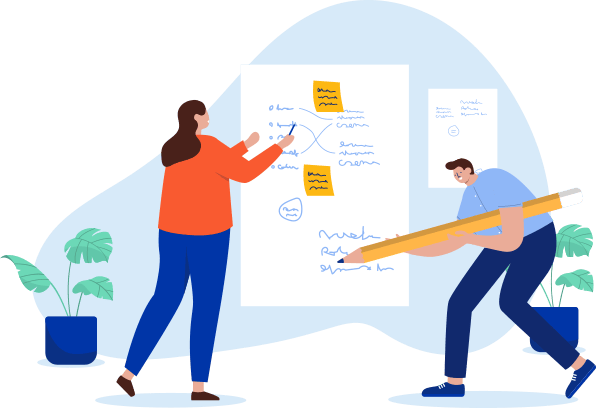First-year compulsory courses
The curriculum at our university is based on the vocabulary and grammar skills that students have developed before entering university and helps them develop these skills further.
In addition to Listening and Reading, students also build productive skills such as Speaking and Writing.
Let’s set our own goals and target levels, and move forward with English study at our own pace.
Please see "Guidance" for more details.
 Introduction to each course
Introduction to each course
 First-year Compulsory Courses
First-year Compulsory Courses
| Course title | Number of credits | Course description |
|---|---|---|
|
|
Once a week (1 credit) |
In class, students exchange opinions on topics they are interested in and develop their communication skills. They also give presentations on familiar topics individually, in pairs, or in groups. By the end of the course, students will be able to give presentations using only simple notes, without reading from a script. |
|
|
Based on information they have researched on familiar topics, students develop the skills to discuss their opinions using simple English in pairs or small groups. | |
|
|
Students write at least two short academic essays of 500 to 700 words. Through process writing, students learn the basics of paragraph and essay structure, content, and language expression, and develop basic skills for academic writing. | |
|
|
Students improve their listening skills through web-based materials developed by Chiba University. Learners use materials at different levels,chosen according to their listening proficiency, so they can study at their own pace and develop practical English communication skills. At the same time,students learn practical vocabulary using web-based materials also developed at the university. |
Second-year compulsory courses
In the second year, students take the two courses below.
Please see the "Guidance" for more details.
 Introduction to each course
Introduction to each course
 Second-year Compulsory Courses
Second-year Compulsory Courses
| Course title | Number of credits | Course description |
|---|---|---|
|
in English |
Once a week (1 credit) |
Cultivate the ability to understand, analyze, and evaluate information and arguments, and to express and argue your own points of view in a coherent and logical manner. |
|
Specific Fields |
Develop skills and vocabulary needed to use English in your field of study. |
Curriculum overview
The table below shows the English courses offered at Chiba University by skill.
In addition to the courses listed in this table, each faculty offers specialized English courses.
Course titles in red are compulsory and course titles in black are elective.
Please see the syllabus for more details.
| Courses for undergraduate students | Courses for graduate students | |
|---|---|---|
| Speaking |
|
|
| Presentation |
|
|
| Writing |
|
|
| Reading |
|
|
| Listening |
|
|
| Critical Thinking |
|
|
| ESP |
|
|
| Study Abroad |
|
|
| Culture & News |
|
|
| Research Method |
|






















